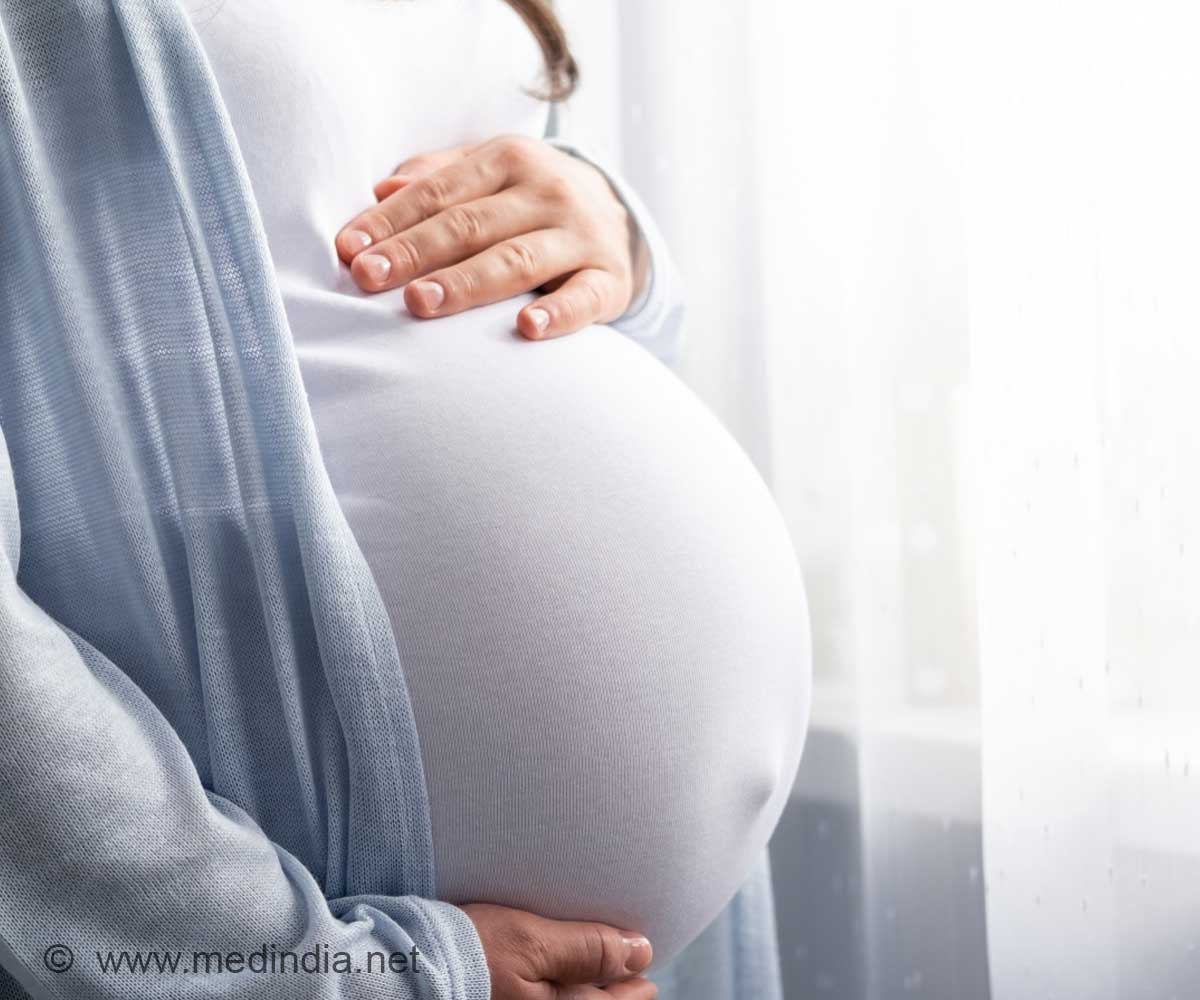The vertical passage of the COVID-19 virus from the mother to the fetus does not affect the baby’s brain development.

However, little is known about the possible consequences for an unborn child if the mother is infected during pregnancy.
“Women infected with SARS-CoV-2 during pregnancy are concerned that the virus may affect the development of their unborn child, as is the case with some other viral infections,” said study senior author Sophia Stöcklein, MD, from the Department of Radiology at Ludwig Maximilian University of Munich, in Germany.
To fill this gap in knowledge regarding the impact of maternal COVID-19 infection on fetal brain development, researchers used fetal MRI to study 33 patients with COVID-19 infection during pregnancy.
The patients were roughly 28 weeks into their pregnancies, on average, with symptom onset occurring at a mean of just over 18 weeks into the pregnancy. The most common maternal symptoms were loss or a reduced sense of smell and taste, dry cough, fever, and shortness of breath.
Two board-certified radiologists with several years of experience in fetal MRI evaluated the scans. They found that the brain development in the assessed areas was age-appropriate in all fetuses. There were no findings indicative of infection of the fetal brain.
Advertisement
Since the impact of severe infection on brain development in the fetus has not been conclusively determined, active protection against COVID-19 infection during pregnancy remains important.
Advertisement
The researchers will be following the patients over the next five years, including detailed neonatal assessment, as well as assessment of neurological development.
Source-Medindia















